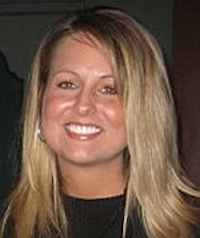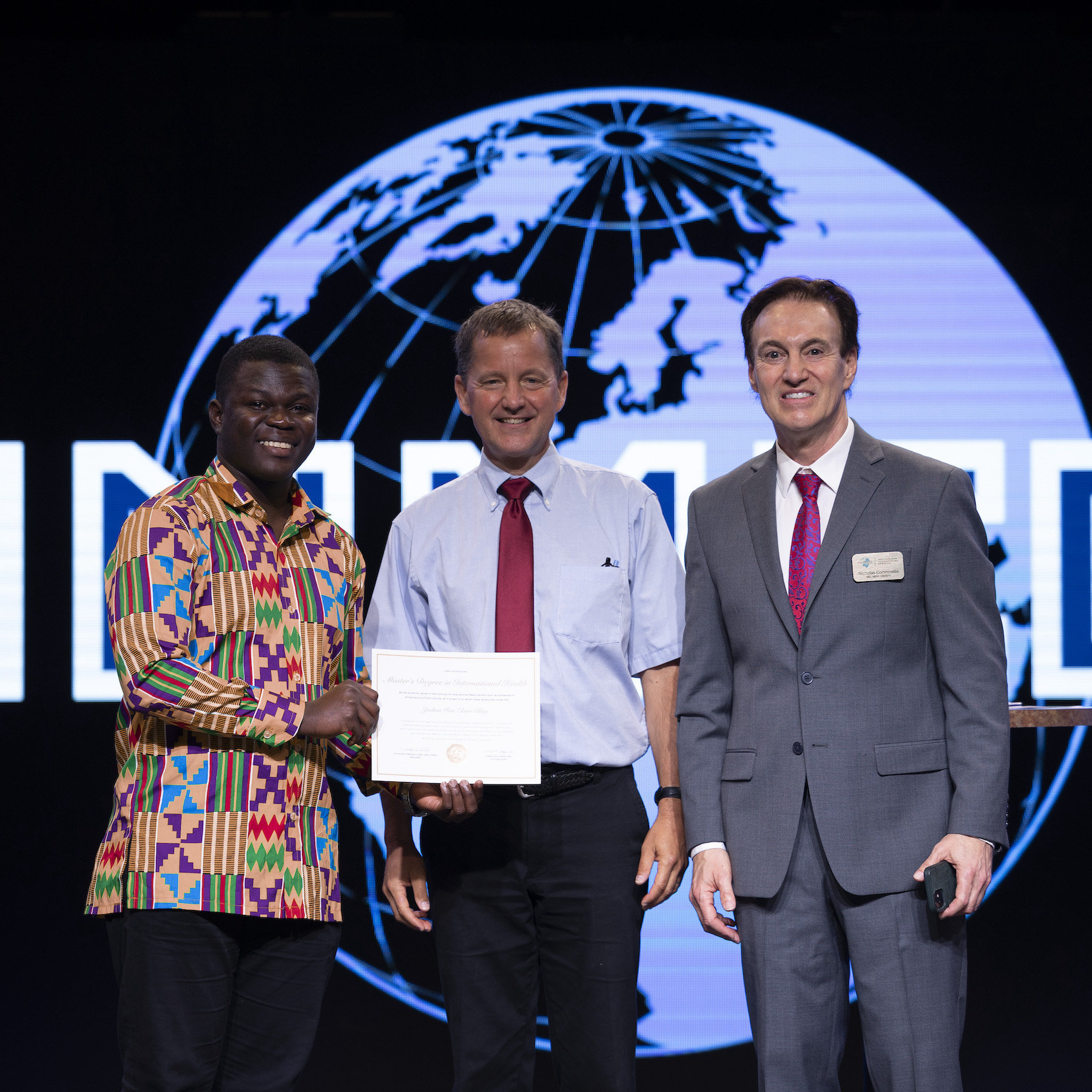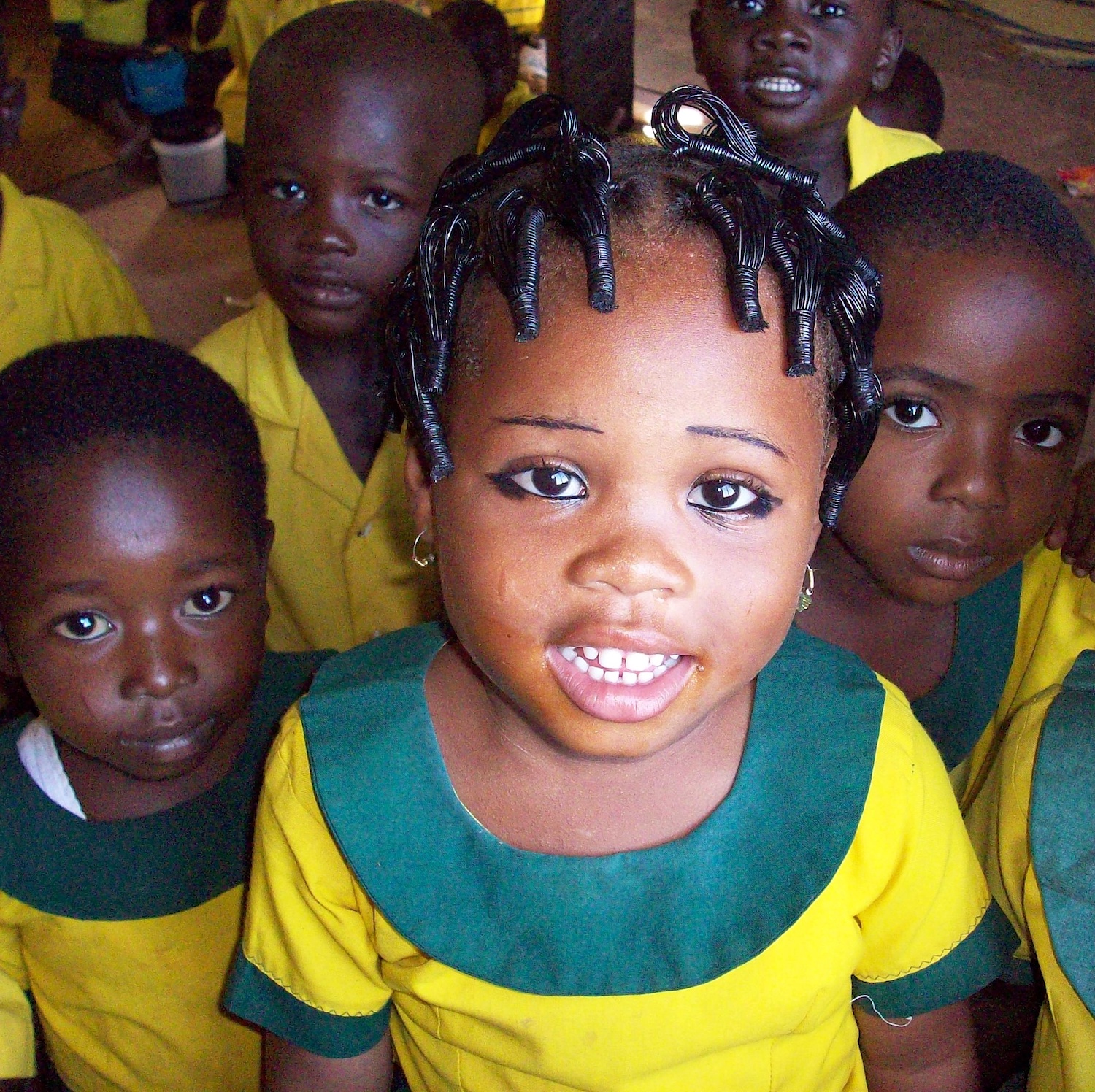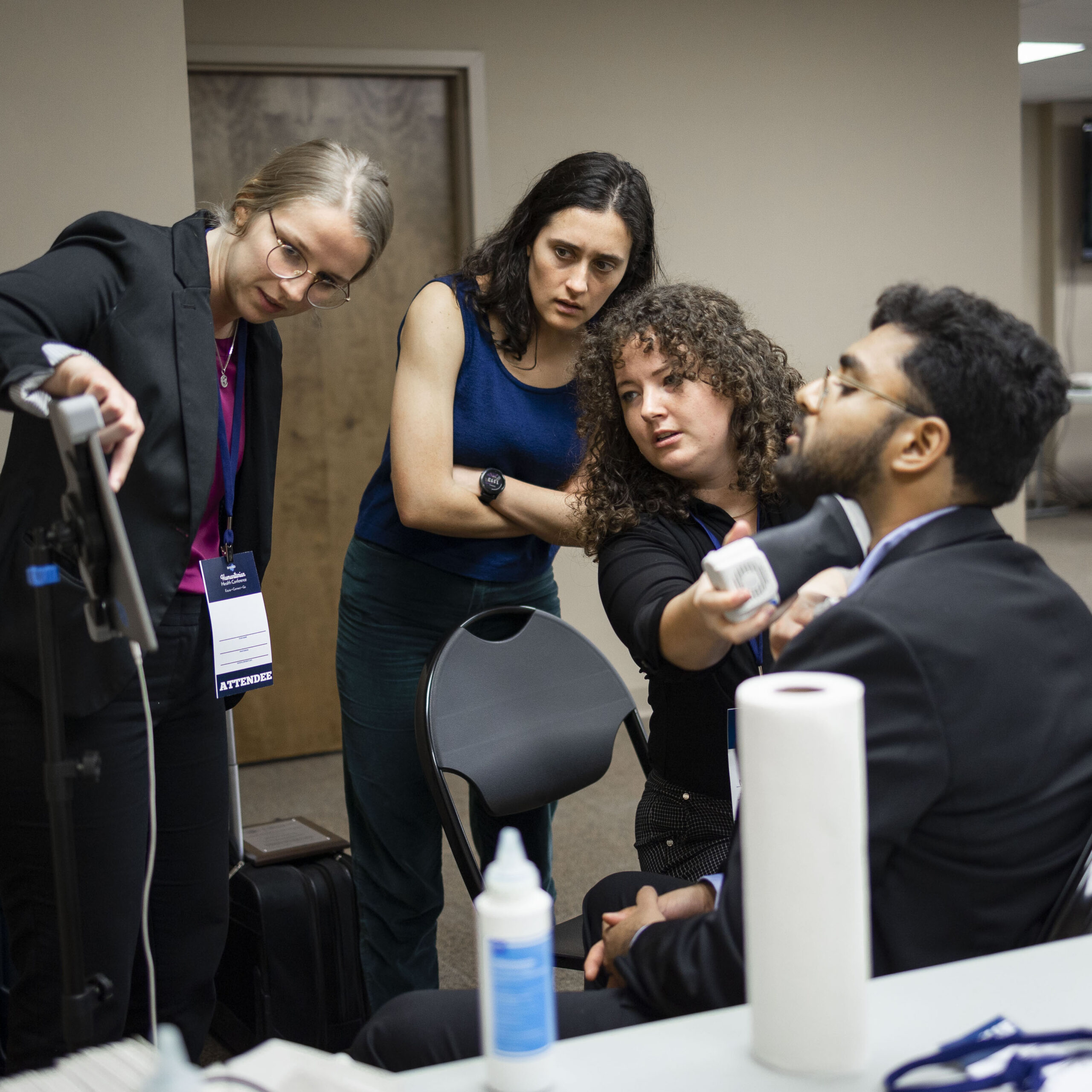Kelly Hankins
INMED Blog

Hello! My name is Kelly Hankins. I am a medical student at University of North Carolina School of Medicine, and I’m starting my INMED service-learning experience in April 2008.
- Kapuna and Kikori Hospitals
- Papua New Guinea
- Graduate Diploma in International Medicine & Public Health
Blog Posts
Reflections And Stories
I just wanted to give you guys one last way-overdue update on the last two weeks I spent in Papua […]
Continue ReadingUpdate Number Four
What a week it’s been here in the Gulf of Papua New Guinea! I’ve really learned what village life is […]
Continue ReadingUpdate Number Three
Hey again! This will be the last update from me before I head out into the real bush, the swamps/jungles […]
Continue ReadingUpdate Number Two
Hey again (or as they say here, “goodnight!”). It’s been awhile since I’ve sent y’all anything and I know that […]
Continue ReadingArrived!
So I made it safe and sound to New Guinea…on the other side of the globe! I left life […]
Continue ReadingIntroducing Myself
Hello! My name is Kelly Hankins. I am a medical student at University of North Carolina School of Medicine, and […]
Continue Reading


